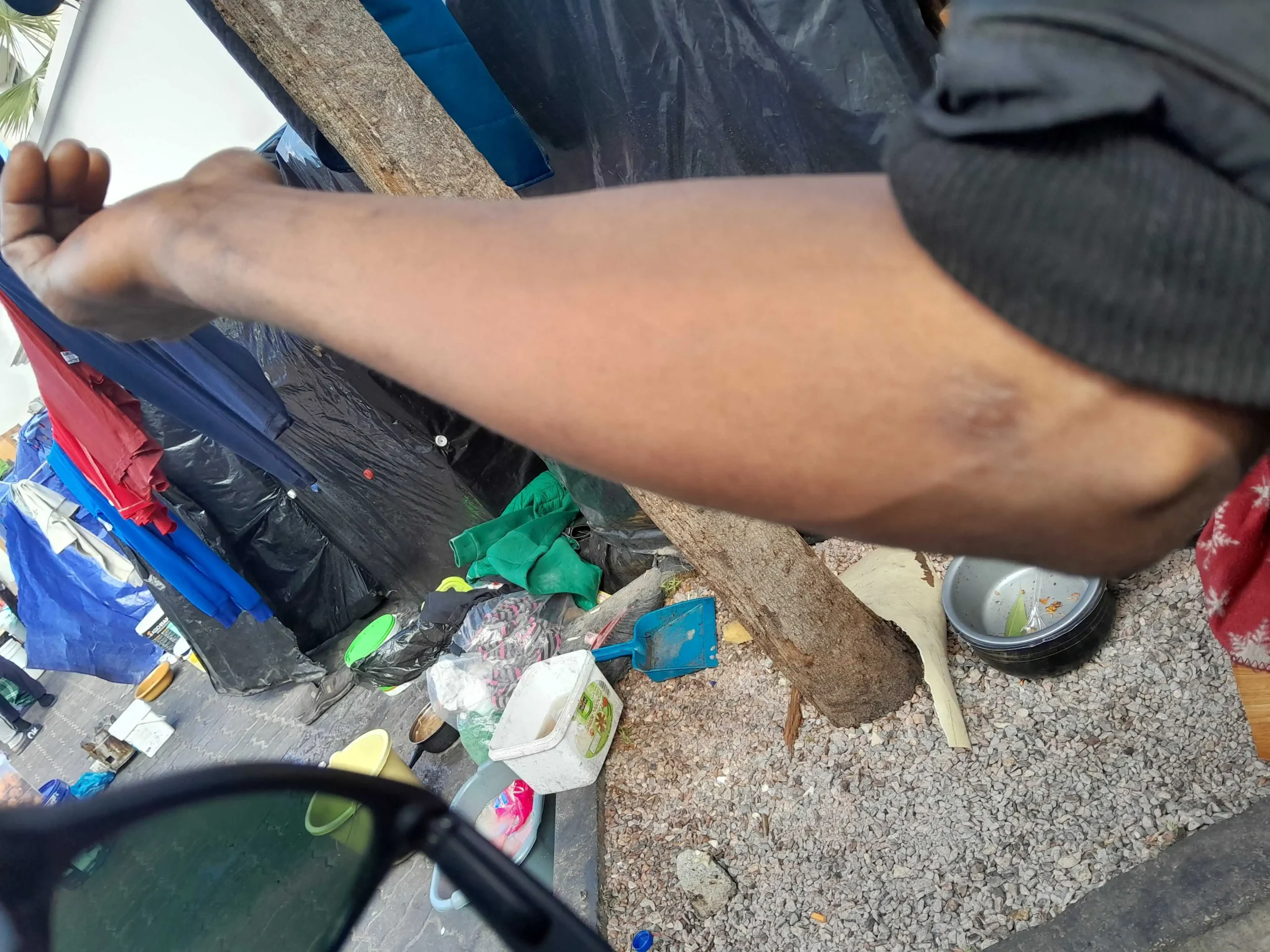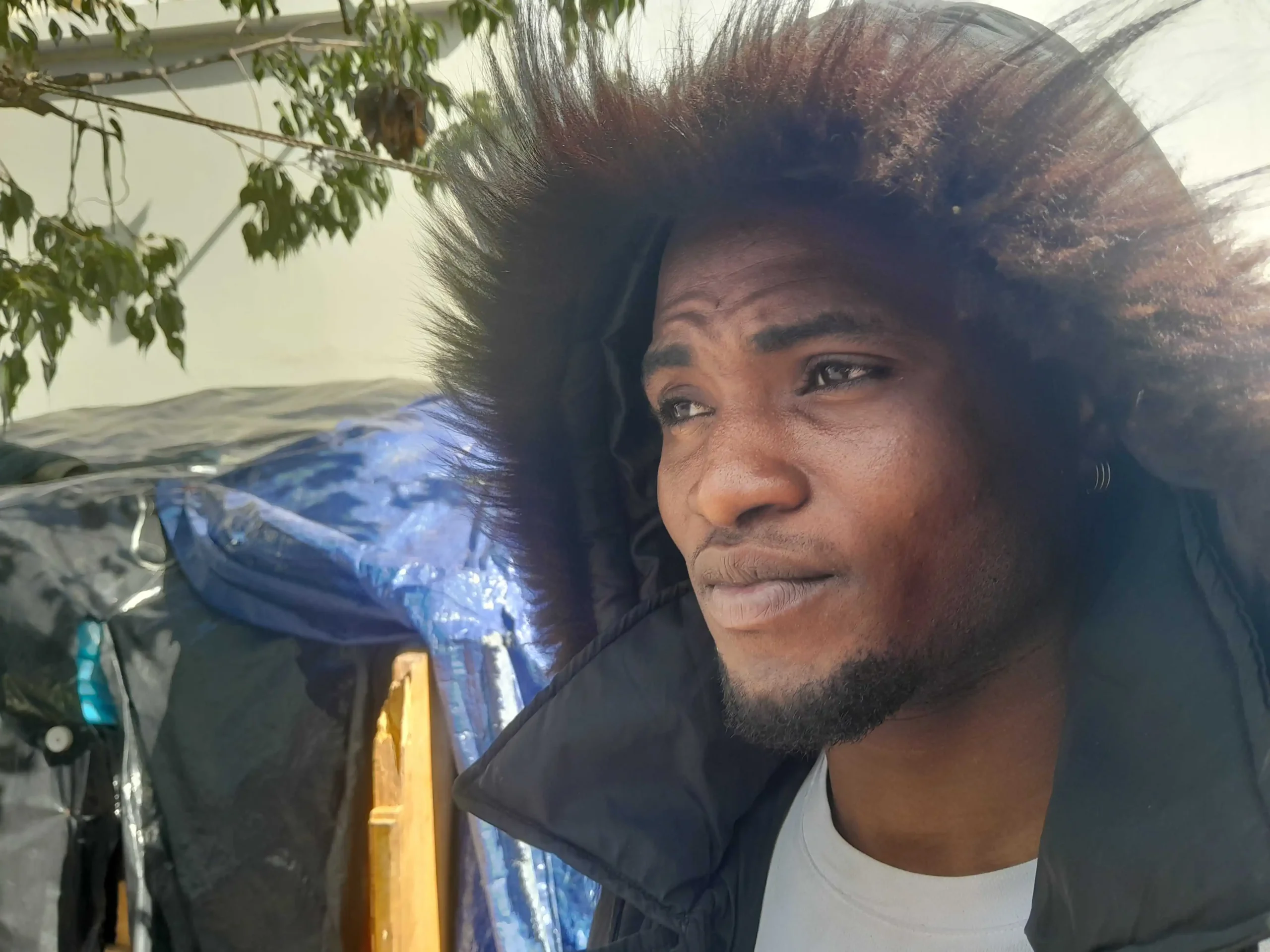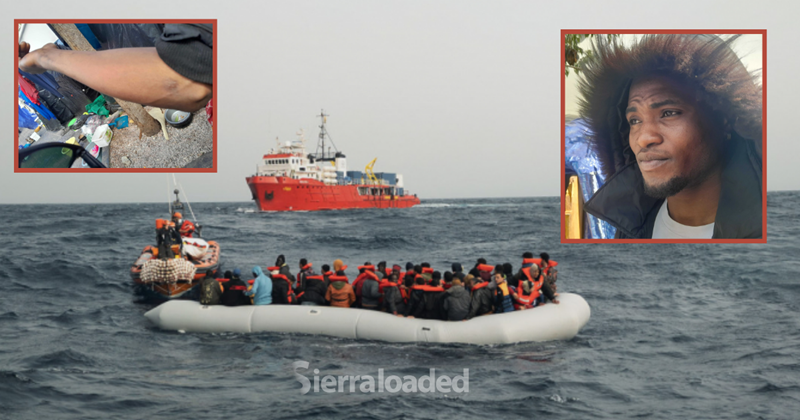Mohammed Lamin Kamara, a 19-year-old from Sierra Leone has shared his traumatic experience after being captured by militants in Libya while attempting to reach Europe in search of a better life.
A recent report by Aljazeera has found that many migrants from sub-Saharan Africa attempting to cross to Europe from Libya were routinely intercepted and held hostage in a network of coastal prisons in Libya.
Once inside, many are tortured, with video of their savage ill-treatment sent to distant families with demands for ransom transmitted by smartphone.
Kamara recounted that he and many others were just eight hours from reaching Zawiya, a coastal city near the Mediterranean, when they were captured by militants.
“They torture me so much,” Kamara lamented, detailing the routine beatings and abuse he suffered while held captive near Tripoli. He described how he and others in the compound endured daily abuse at the hands of their captors, who used various methods including cables, irons, and burning metal or plastic to inflict pain.

“When they are flogging you and the blood starts to come out, the pain you are going to feel is extremely hard. Some people go into a coma, some people pass away. They take those bodies and take them into the desert, just to get money.” He said.
24-year-old Ismael Fafanah from Sierra Leone who was also captured by the militants said it was his brother who came through, selling his land for the $1,000 to gain his freedom and continue to Tunisia.
“The coastguard took us to the prison and said I should call my mum and have her send me money,” he said, echoing Mohammed’s account of being tortured on film in an attempt to force his family in Sierra Leone to pay his ransom.

“It’s my fault,” Ismael continues, stressing his determination to repay his brother. “No one sent me [to Libya]. I did it on my own. I thought I could escape my country and find a better life in Europe. I had always wanted to send money back to my family and the people at home.”
Beyond the torture they endured in Libya, many have already endured war zones, days on the road, and prolonged hunger.












So pathetic
Tomorrow again go there illigally, I cants feel sorry for you.
I cants feel pity for u. Pls go there again next year when u have finished filling the pain. Don’t wait for Gods time
There is no success without struggle God will see you through
I feel pity for you guys one thing you have to know if you want to help a brother who want to enter Europe pray for him don’t start saying negative things about his struggles people don’t go to this journey because of joy they go to this journey because of what they are facing in their country of origin bro follow your dreams (when you rise and fall get up and do it again) all those who are saying this negative things will want to be your best friend tomorrow when you succeed
So sorry bro 😭 don’t give up where you fall stand up and start again no success without struggling God will surely guide and protect you I know it’s not an easy task